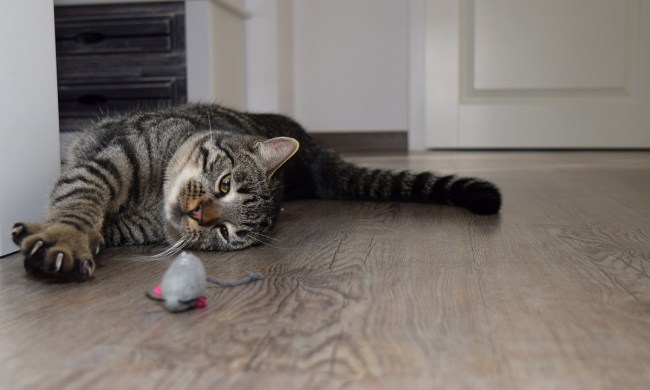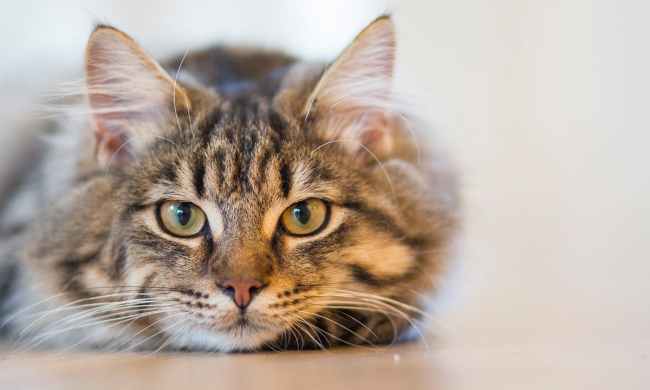
There’s plenty of stress for cats on the 4th of July holiday, especially when fireworks are involved. Cats and fireworks don’t always mix since many cats find them terrifying, and your cat could run away out of fear, get hurt, or just otherwise have a pretty miserable night.
Luckily, you have many ways to help your cat better cope with the fireworks. Your cat might not be totally comfortable with the event, but you can minimize their stress and help keep them safe. But don’t wait until the last minute — you’ll need to do some preparation up front to be effective and to truly help your furry friend.
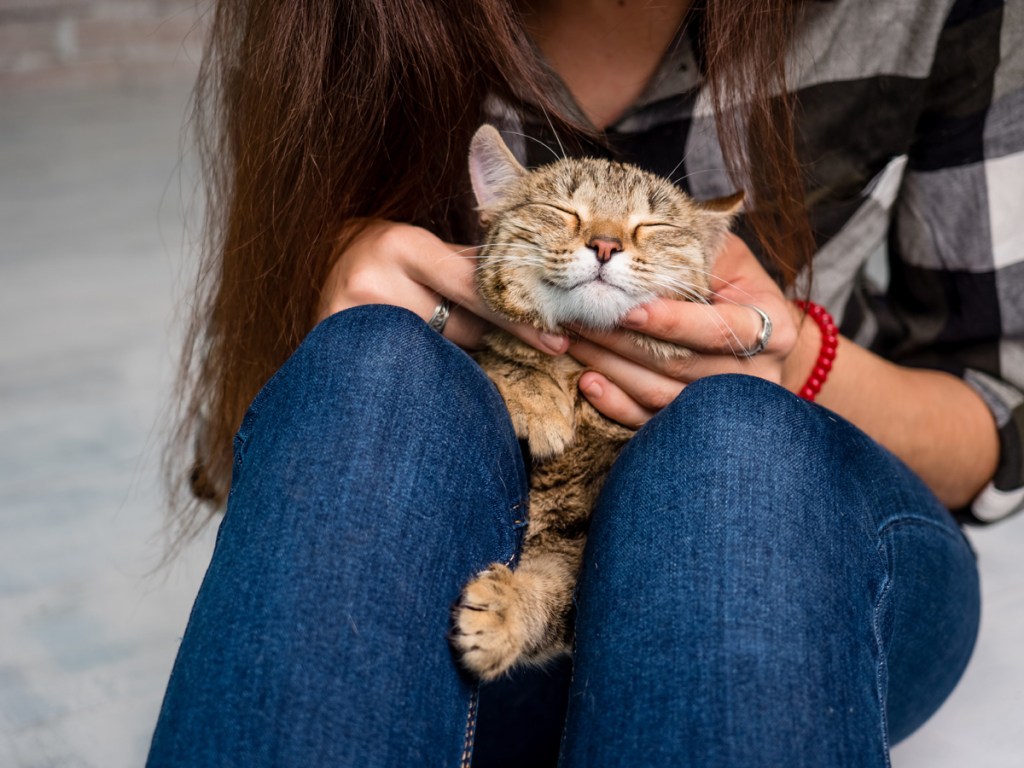
Cats and fireworks: How to prepare your pet
Navigating the 4th of July fireworks with your cat requires some planning and groundwork. The more steps you take in advance, the easier it will be for you both when the fireworks start.
- Your vet can prescribe medication: If you know your cat has a strong, negative reaction to fireworks, then be sure to discuss this with your vet well ahead of time. Depending on how stressed and upset your cat becomes, your vet may want to prescribe medication to calm and lightly sedate your cat. Discuss dosage information and, if you haven’t given your cat a pill before, ask your vet to walk you through the process while you’re still in the office.
- You can get a ThunderShirt for your cat: You can take other steps, regardless of whether you plan on medicating your cat. ThunderShirts for cats use hug-like pressure to help keep your kitty feeling safe and secure during frightening events like thunderstorms and fireworks. Consider buying a ThunderShirt ahead of time. Fit it to your cat when they’re relaxed and calm, and practice getting it on and off so you’ll be prepared for the fireworks.
- Research local events: Look up the dates and times when you can expect to hear fireworks at your house. While you can’t always completely anticipate fireworks events, being prepared for the ones that are scheduled can ensure that you’re ready to help your cat through them.
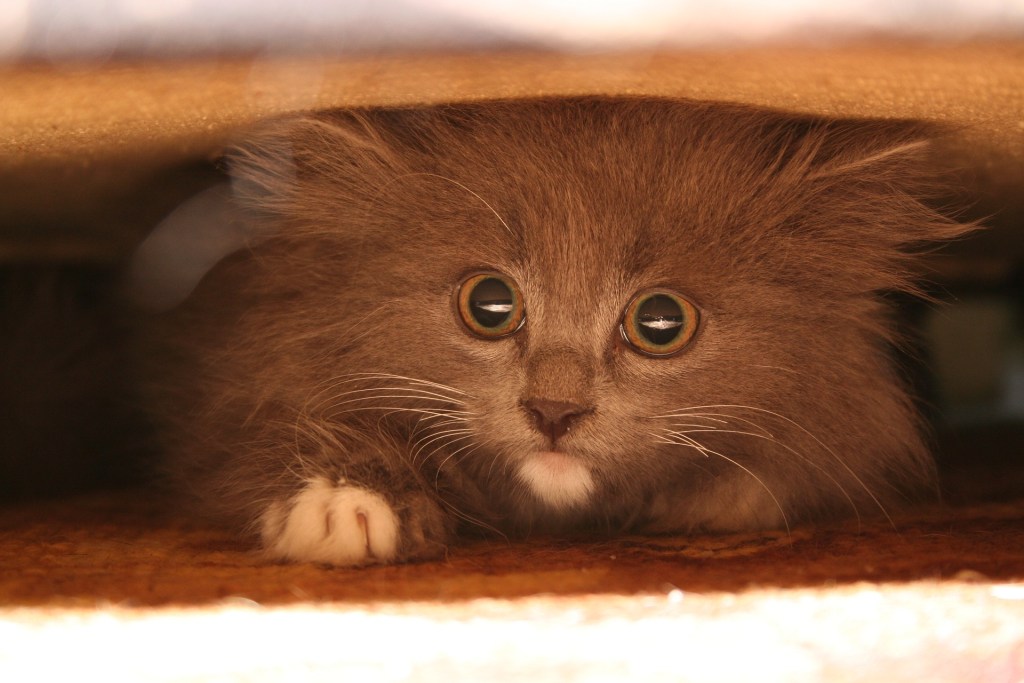
How to calm cats during fireworks
- Cat pheromones: Before the fireworks begin, consider spraying some cat pheromones in the area where your cat will be. Pheromones can help relieve stress and make your cat feel secure. With a spray pheromone option, you can boost your cat’s confidence by spritzing the room they’ll retreat to.
- Place them in a safe spot: Just before the fireworks start, consider putting your cat in the quietest area of the house, as long as it’s an area they’re familiar with. This space will often be the basement. You can play some soft music or turn on some fans or an air conditioner to help drown out the noise of the fireworks. This is also the time to put on your cat’s ThunderShirt if you’ll be using one.
- Give your cat hiding spots: Some cats may seek you out for comfort when they’re scared, but it’s also likely that your cat will simply try to hide. Provide your cat with some safe hiding spots, like areas under furniture or cat beds and blankets that they can climb into.
- Don’t make too much unnecessary noise: Keep your family celebration quiet or move the party to a room where you won’t disturb your cat.
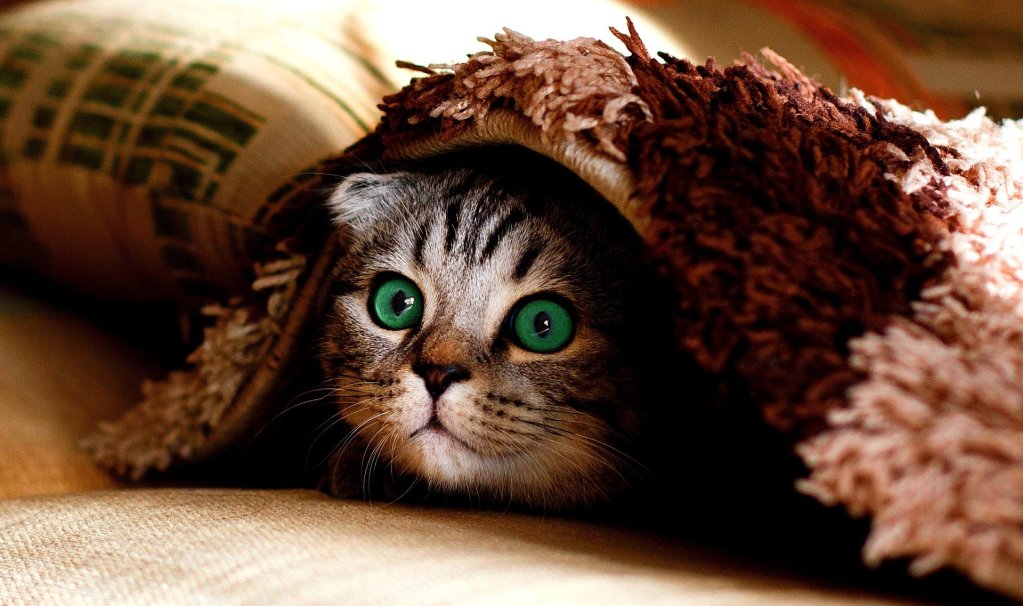
Mistakes to avoid
Don’t wait until the last minute to settle your cat indoors
If you have an indoor-outdoor cat, don’t wait until the last minute to bring them indoors. Instead, be prepared to bring your kitty in early, just in case you have trouble finding them. With your cat securely in your home, you can help prevent them from running away out of fear and potentially getting lost. Frightened animals get lost every year because of fireworks, so be completely certain that your cat is inside.
Don’t force your cat to hang out with you
When the fireworks start, your cat may run and hide. That’s a natural response, and if your cat feels safe under the bed or in the closet, then leave them where they are. Get your whole family in on the plan, including your kids, and make sure everyone knows that it’s important to leave your cat alone until they’re comfortable enough to come out again on their own.
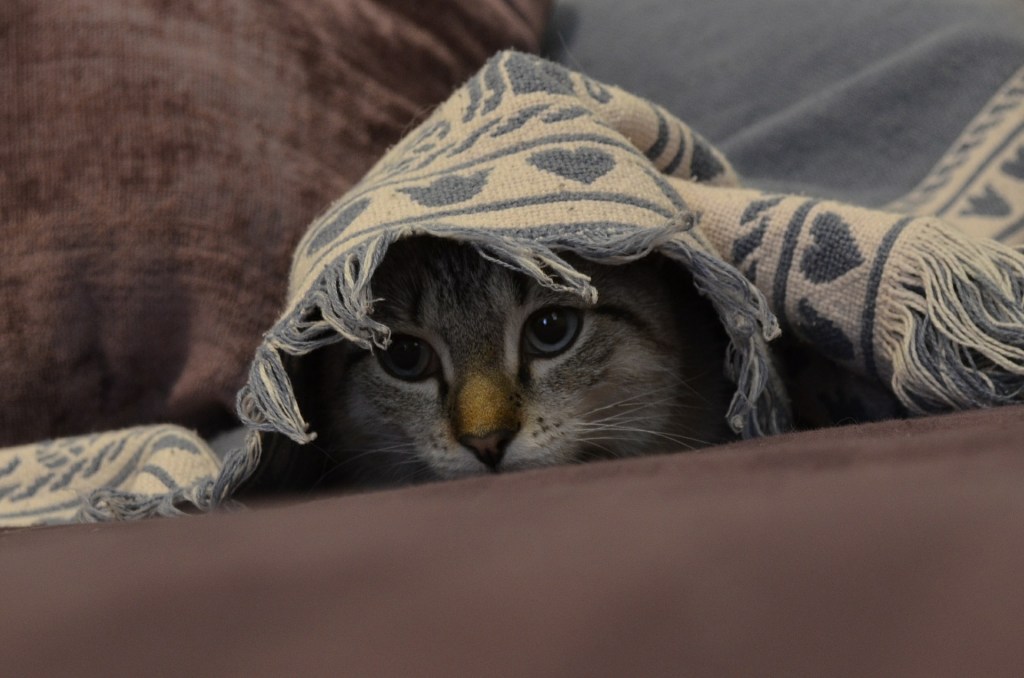
Don’t punish your cat
Just like dogs, cats may behave strangely when they’re frightened. Inappropriate urination, incessant crying, or even hissing and attempting to scratch are all indications that your cat is under extreme emotional duress. While you can’t let a cat scratch or bite you, it’s important to note that cats associate punishment with what’s happening during the time they’re being punished. Because your cat is afraid, they’re likely to associate being punished with you, not their fear. More importantly, they won’t understand why they’re being punished in the first place.
Navigating the 4th of July fireworks with your cat can be a challenge, even with preparation. Keep in mind that you can do everything right, but your cat may still be frightened and might hide where you can’t find them. Double-check that all your doors and windows are closed, and do your best to just wait things out. Cats and fireworks aren’t a good mix, but the calmer you can stay and the quieter the environment you can provide, the better your cat will be able to get through this event.

